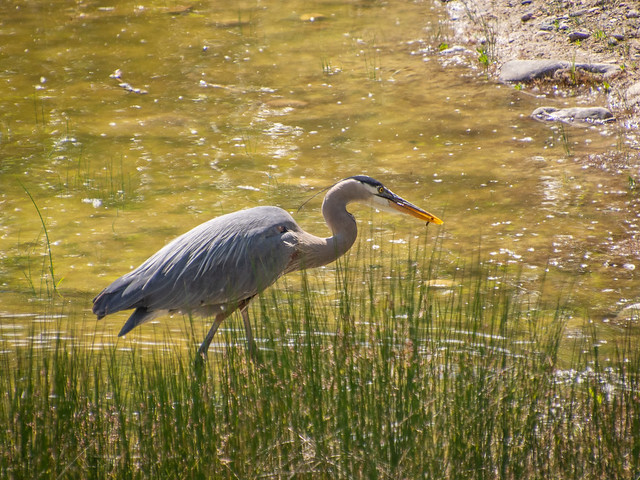“The greatest wealth, the only enduring wealth, the most precious gift given humankind, is the wealth of life that defines our home in the universe.” Douglas H. Chadwick, The Photo Ark
Upcoming Events
Saskatoon’s Beavers, June 26 (radio)
Jan Shadick, Living Sky Wildlife Rehabilitation, and Penny McKinlay, EcoFriendly Sask, discuss the importance of Saskatoon’s beavers on From the Ground Up, Climate Justice Saskatoon’s program on CFCR radio, at 6:30 pm, June 26. You can also catch the program on replay (after 7 pm) on SoundCloud.
BC Energy Step Code, June 26 (webinar)
A webinar outlining lessons from the BC Energy Step Code will be held at 11:30 am Pacific time, June 26. (The Step Code introduces much higher standards than the current National Energy Code.)
Get Wild, July 3 (Saskatoon)
Meet and learn about animals that have ended up at Living Sky Wildlife Rehabilitation from 10:30-11:30 am, July 3, at the Frances Morrison Library.
Zoo Society Story Time, Fridays, July 5-Aug. 9 (Saskatoon)
Listen to a story and meet an animal up close with a Saskatoon Zoo Society interpreter at the Alice Turner Library on Fridays at 10:30 am from July 5 to Aug. 9.
Burrowing Owls, July 6 (Val Marie)
Geoff Holroyd and Helen Trefry, retired Environment Canada biologists, will talk about burrowing owls on the Canadian prairie at 7 pm, July 6, in Val Marie.
Sask Parks BioBlitz, July 7-13 (Saskatchewan)
Using iNaturalist, participate in one of Sask Parks’ 2019 BioBlitzes between July 7 and 13.
A full list of upcoming events can be found on the EcoFriendly Sask Calendar
In the News
“Agricultural drainage continues unabashed and uncontrolled. It is time to stand up for the environment. This photo was taken in the Yorkton area last week.” Citizens Environmental Alliance - Saskatchewan
The Honey BuZzz Apiary, near Mortlach, SK, is partnering with Ducks Unlimited to help the birds and the honey bees.
Setting aside wilderness areas in remote parts of the country isn’t enough. “For conservation to succeed, Canadians need to find ways to better integrate human spaces with the wilderness that is on the doorstep.”
Canadian subsidies to the fossil fuel sector are almost 7 times greater than the revenue from the pipeline expansion the federal government pledges to invest in clean energy and green technology.
The debate surrounding the Trans Mountain pipeline isn’t over. It’s become a proxy battle, pitting the urgency of the climate crisis against near-term economic concerns.
A radical electoral platform to phase out fossil fuel production in the US provides a blueprint for Canada.
5 questions Canadians should ask when evaluating federal election platforms.
Minnesota will pay homeowners to replace traditional lawns with bee-friendly wildflowers, clover, and wild grasses.
Cities can play an important role in protecting bees and other pollinators. [visual storytelling]
Philadelphia plans to create a citywide network of up to 25 composting sites, designed to reduce food waste and create organic soil for residents to use for gardens and crops.
Shipping our waste overseas is not a solution. Canada should support the UN ban on exporting waste to developing countries.
You’re recycling plastic all wrong. The only real solution – make and consume less plastic.
Human noise pollution is interfering with bird communication, with implications for survival and population numbers.
Six months after it opened, a wildlife-only overpass is already saving lives – both animals and drivers. And more species than expected are using the overpass – from moose, deer, and raccoons to bobcats, cougars, and marmot.
EcoSask News is a weekly round-up of local news and events. Email us if you have items you would like us to include.
You can follow EcoFriendly Sask by liking us on Facebook, following us on Twitter, or by email (top right corner).


